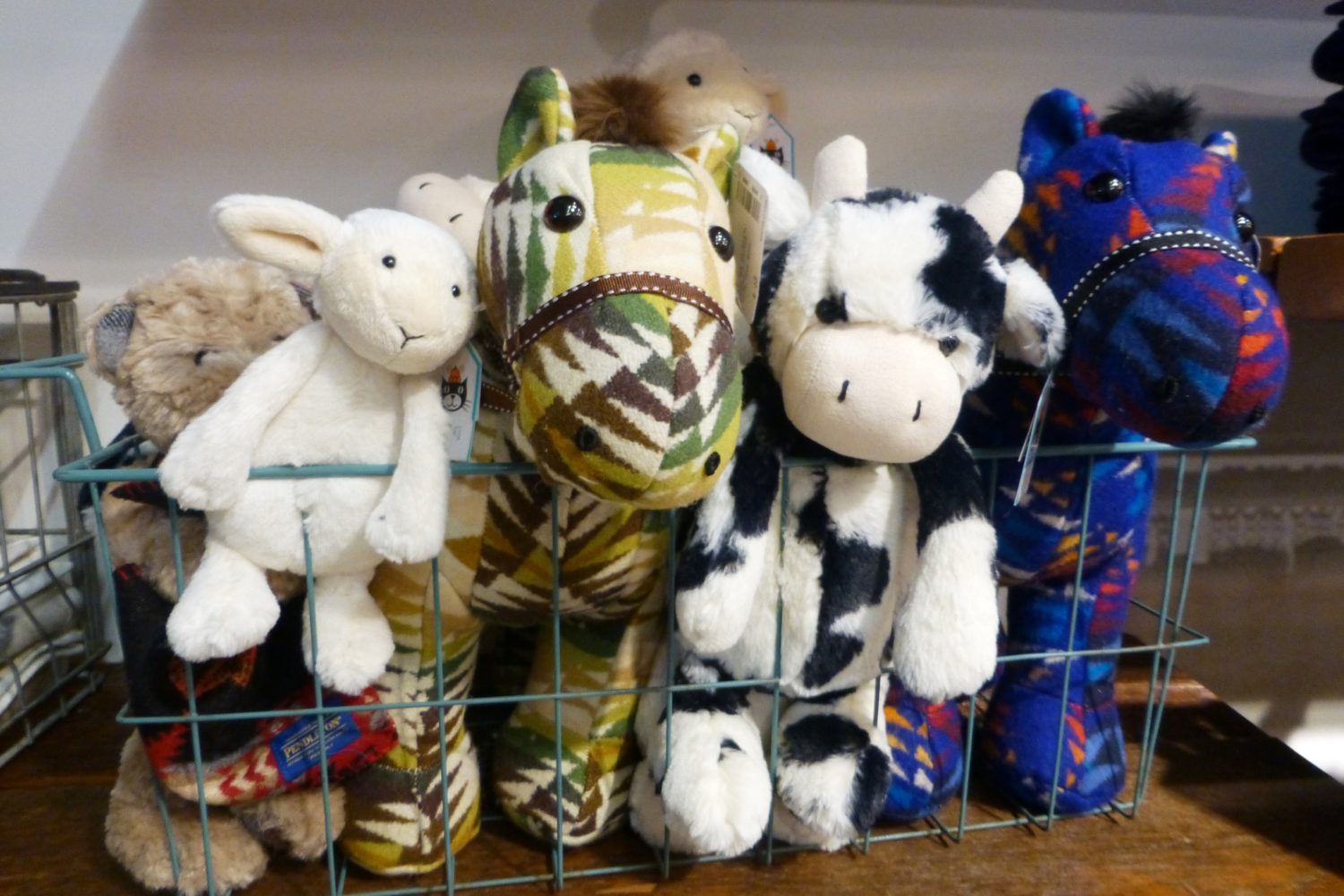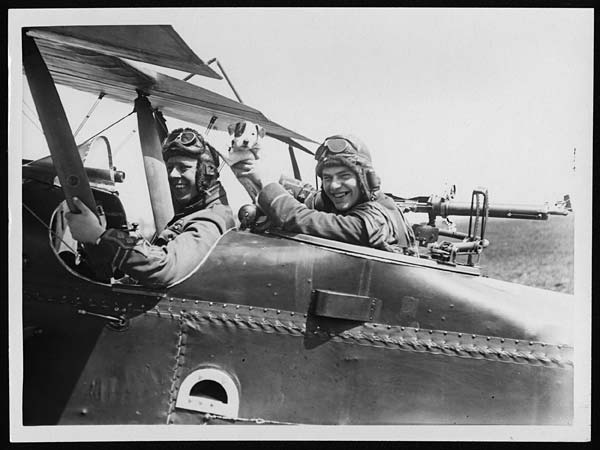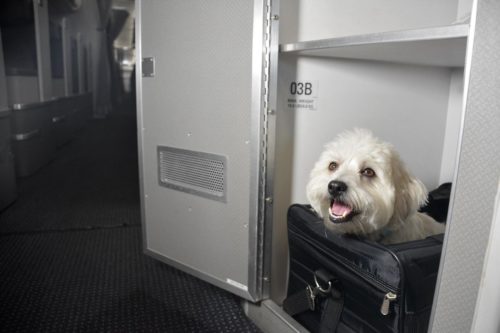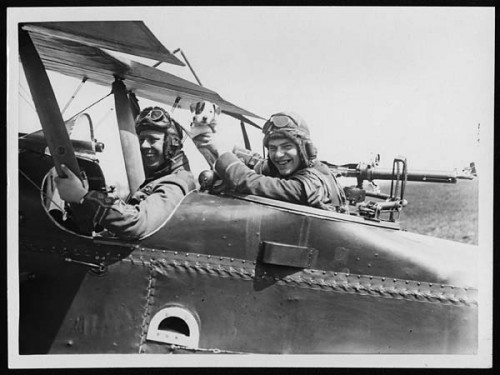[UPDATED statements from United at bottom of story]
United Airlines has confirmed the death of a dog on United flight #1284 Monday night from Houston to New York. The dog’s owner was instructed by a flight attendant to place the pet carrier in an overhead bin.
“Tonight I was on a plane where I witnessed a @united flight attendant instruct a passenger to place her dog carrier (with dog) in the overhead compartment. The passenger adamantly refused but the flight attendant went on with the instruction,” tweeted Maggie Gremminger, a passenger who says she seated nearby the dog owner.
Passengers interviewed by The Points Guy heard barking from inside the bin during part of the flight. “By the end of the trip, horrified passengers found the dog had died in-flight,” The Points Guy reported.
“Immediately after the flight landed, myself and another witness stayed to speak with various United employees,” Gremminger told the One Mile at a Time website, “The flight attendant denied knowing it was a dog, but the man seated next to me said he heard the flight attendant respond to the passenger, ‘You need to put your dog up here.’
United Airlines’ statement on the incident expresses condolence to the dog’s owners and assumes full responsibility for the incident which, the carrier says, is being thoroughly investigated.
“This was a tragic accident that should never have occurred, as pets should never be placed in the overhead bin. We assume full responsibility for this tragedy and express our deepest condolences to the family and are committed to supporting them. We are thoroughly investigating what occurred to prevent this from ever happening again.”
For now, United says it has refunded the family’s tickets and the $125 in-cabin pet charge and has offered to fund a necropsy (an animal autopsy) for the dog.
“Incidents like this one are inexcusable, and every member of the flying public should be outraged at United’s callous disregard for the safety of this family’s beloved pet,” said Sally Greenberg, Executive Director of the National Consumers League, “United was right to quickly apologize and take responsibility for this shocking event, but more needs to be done to ensure that this doesn’t happen again.”
Placing an animal in an overhead bin – even in an approved pet-carrier – is not part of United Airlines’ (or any airline’s) in-cabin pet policy.
United’s policy states that, “A pet traveling in cabin must be carried in an approved hard-sided or soft-sided kennel. The kennel must fit completely under the seat in front of the customer and remain there at all times.”
Passengers are also required to make advance reservations when taking a pet in the cabin. United places a limit of four pets in the economy cabin of any flight and two pets in the premium cabins of select aircraft.
U.S. carriers are required by law to report the incidents involving the loss, injury or death of animals during air transportation to the U.S. Department of Transportation.
For 2017, 24 incidents were reported by carriers. 18 of those incidents were on United airlines and involved injuries or deaths of animals that had traveled as cargo.
Of the 18 incidents, United reported that several animals injured themselves clawing at the interiors of their shipping containers and that medical exams determined several others died during the journey due to natural causes. An Abyssinian dog named Riko escaped from a shipping container and was hit by a vehicle and Lulu, a Cavalier King Charles Spaniel, died from heat stroke on a flight to San Francisco although the incident reports notes that two other animals on that flight arrived healthy.
And then there is the case of Simon the 3-foot long prize rabbit that died either during – or after – a United flight from London to Chicago.
Update 3/14/18: United has issued an updated statement on the dog-in-the-overhead bin incident.
We have spoken to the family, our crew and a number of passengers who were seated nearby. We have learned that the customer did tell the flight attendant that there was a dog in the carrier. However, our flight attendant did not hear or understand her, and did not knowingly place the dog in the overhead bin. As we stated, we take full responsibility and are deeply sorry for this tragic accident. We remain in contact with the family to express our condolences and offer support.
To prevent this from happening again, by April we will issue bright colored bag tags to customers traveling with in-cabin pets. This visual tag will further help our flight attendants identify pets in-cabin.




